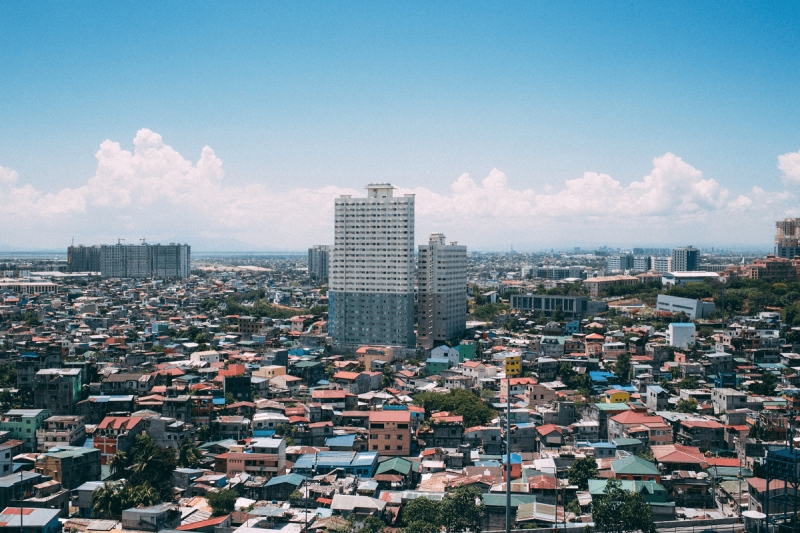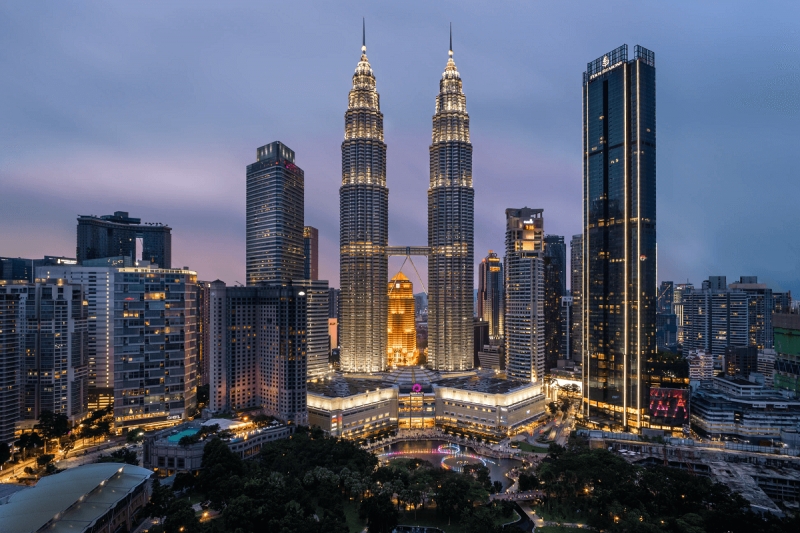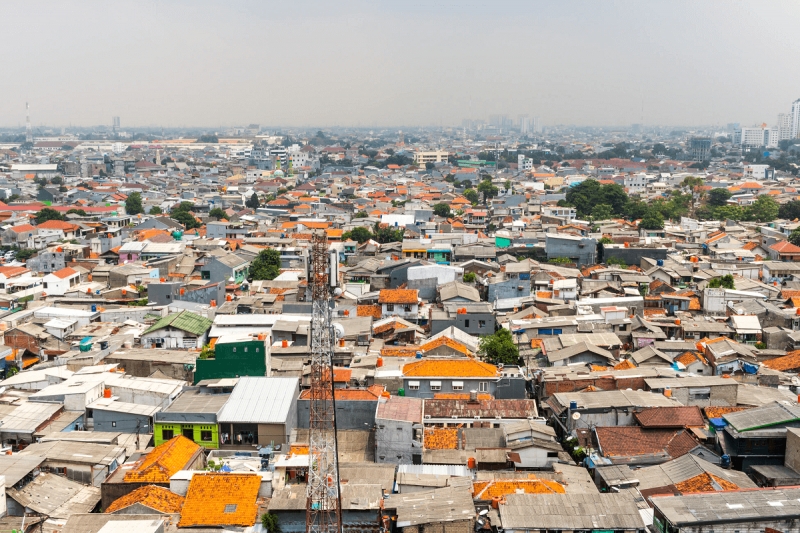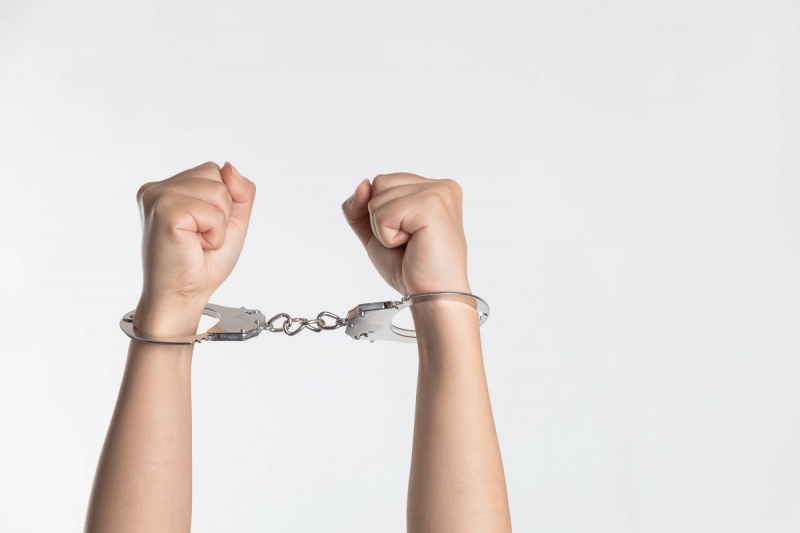Back in the day, travellers would have to forge visa paperwork, exploit insurance policies, and come up with fake trips so they could explore the world by putting in as little effort as possible. In extreme cases, some of them would go as far as using dummy passports (not the temporary ones they give out in embassies) and somehow get away with it.
These were before coronavius happened. As travel restrictions in Southeast Asia have started to loosen up, it’s all come down to people producing fake COVID-19 tests. And more often than not, those who were unlucky enough to make a break for it found themselves facing pretty odious consequences.
Still, it seems that there is no stopping violators from continuing to do the deed, in some countries more than others.
Also read: 13 Worst Travel Habits You Could Have With An Ongoing Pandemic
Fake COVID-19 tests in travels
Despite continued efforts to fight COVID-19, the fact is that the virus isn’t something any country or government can easily fight off. That said, requiring negative COVID-19 tests among travellers continues to be one of the more effective measures in containing the spread of the virus. Sadly, some individuals would rather fake COVID-19 tests to travel rather than invest in their safety and that of others.
This behaviour has been documented in other parts of the world, but some of the more notable cases belong to the Philippines, Malaysia, and Indonesia.
Philippines

Image credit: Charles Deluvio
As one of the more popular Philippine destinations and pioneers of local tourism during the pandemic, Boracay was the first to document travellers faking COVID-19 tests. To travel to the world-renowned island, one must first take and come up negative in a reverse transcription-polymerase chain reaction or RT-PCR test. On average, it costs somewhere between ₱3,000 (S$83) to ₱5,000 (S$138) .
It started with a group of local tourists in December 2020, who arrived in Boracay with photocopied swab test results. Upon screening by local authorities, their tests’ serial numbers showed that the documents they had were actually falsified. Earlier this year, Boracay officials revealed that as of the first few weeks of 2021, authorities have apprehended nearly 30 Boracay tourists for having fake COVID-19 tests.
In March 2021, a tourist in Coron, Palawan also violated the test requirement by bringing inauthentic results. After local testing, he turned out positive for COVID-19.
Malaysia

Image credit: Esmonde Yong
Malaysia has seen significantly fewer turnouts in terms of fake swab test instances. But in January 2021, Malaysian police arrested a total of six Pakistanis with forged negative COVID-19 test results. The results came from a Pakistani-led syndicate called Habib Gang, which has been selling these fake test results for S$98 each since August 2020.
The travellers were apprehended in Kuala Lumpur International Airport, Taman Tampoi Indah in Johor Bahru, and Sri Petaling in Kuala Lumpur between 20 and 25 Jan 2021. The fake test results used letterheads of Lablink, a laboratory information management system managed by healthcare provider KPJ Healthcare in Malaysia.
According to a The Straits Times report, KPJ and Lablink already confirmed that the documents used by the Pakistanis travelling overseas were indeed fraudulent.
Indonesia

Image credit: Voicu Horațiu
Indonesia has recorded over one million COVID-19 cases and nearly 40,000 deaths as of writing. Like the Philippines, the travel restrictions make it harder for its citizens to move to other cities and countries without paying for a legitimate COVID-19 test.
This has forced some locals to turn to fake COVID-19 tests with the help of airport insiders, health clinic staff, and travel agents, as seen in a series of forging incidents in Indonesia. Sellers have also come in the form of blog owners, influencers, and online marketplace sellers. These incidents have been taking place as early as May 2020.
In January 2021, Indonesian social media influencer Tirta Mandira Hudhi called out one of these instigators who has been offering the service on Instagram. For Rp650,000 (S$60), fake COVID-19 test results would be given in under an hour. All the customer had to do was to send a copy of one’s identity card. The identity of the fake swab test results seller remains unknown.
Also read: 7 Real-Life Violations of Travellers in Foreign Countries
What these countries are doing
As with fraudulent visa, passport, or transportation documents, submitting fake swab test results come with serious consequences for the traveller and the ones who make them. Those caught producing or carrying false swab test results could face some hefty fines or possible imprisonment depending on where the violation took place.
In the Philippines, tampering of documents is a crime punishable by law. Having more documented cases of fake COVID-19 tests among travellers than any other destination in Southeast Asia, the country imposes a starting penalty of ₱20,000 (S$552) and ₱50,000 (S$1,379) to a person found guilty of the offense. They may also receive jail time from one to six months depending on its gravity.
The local government of Boracay, where most of the incidents took place, is also banning offenders from entering the island again. The effectivity not just covers the duration of the lockdown, but would be for life, according to a local mayor.

Image credit: niu niu
Meanwhile, authorities have amped up their documentary screenings on the island and other tourist hotspots in the Philippines to prevent endangering other people.
After the arrest of the people who faked COVID-19 test results in January, Malaysian officials warned other travellers against doing the same violation. “If there is anyone out there thinking of acting in a similar manner, I warn you not to. We will not hesitate to take stern action against anyone caught forging or using such documents,” a local police chief said via The Straits Times in the same month.
For the purposes of the investigation, no further information on the matter has been divulged at the time of publication.
In the case of Indonesia, pharmaceutical company Bumame Farmasi now relies on QR-coded tests which would make it easier to validate a customer’s results. The company’s logo was one of those used on the counterfeit swab test documents that were brought up earlier in 2021. A local task force spokesman likewise cautioned the public to refrain from using fake swab test results and to immediately alert authorities of future violators.
It’s not so much the act of falsifying documents as the health risks it entails and imposes upon unsuspecting individuals. Should more cases of these fake COVID-19 tests in Southeast Asia emerge, it’s likely that these countries will come up with even stricter travel restrictions, if not graver punishments for the individual.
Featured image credit: RJ Baculo | Unsplash






